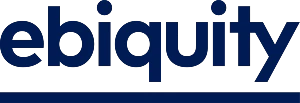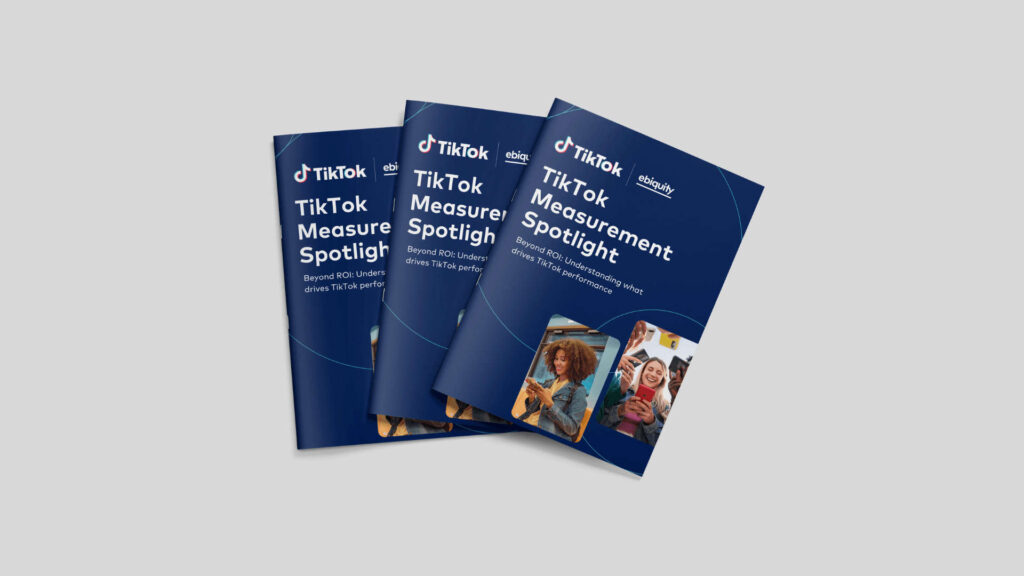As of today, the EU AI Act will enter into force, providing comprehensive legislation to ensure ethical and responsible use of AI; entry into application is gradually rolling out. Non-compliance can result in penalties reaching up to 7% of your global turnover.
This pioneering AI Act regulates the development, deployment and use of AI, emphasising data legality (excluding sensitive data like biometrics, location, gender, and race). Additionally, it bans harmful practices such as social scoring, manipulation of human behaviour, and exploitation of human vulnerabilities.
It is crucial that marketing and legal teams understand the AI Act, as it outlines specific obligations and restrictions for using AI systems, including those used in personalised advertising and customer interaction technology. Compliance is essential to avoid legal, financial and reputational risks, as well as to ensure the ethical use of customer data.
Key requirements include:
- Transparency on AI usage in tasks
- Clear control over AI systems
What Does the EU AI Act Mean for Advertisers?
Brands must set new standards and practices to comply, specifically focusing on:
-
Data handling:
Brands must adopt ethical AI practices in personalisation, targeting, and privacy, affecting audience segmentation and customer engagement. -
Audiences:
Marketers need to disclose AI usage in audience segmentation and targeting, ensuring transparency and ethical practices. -
Creative:
AI-generated content must be transparent, respect intellectual property rights, and comply with disclosure requirements, affecting content production and distribution. -
Resources and Budgets:
AI integration provides you with the opportunity to optimise resources, reduce manual efforts, and lower costs – allowing you to reallocate budgets more effectively, or realise cost savings.
Act Now to Protect Your Business
Every business trading in, or domiciled in, the EU will need to comply, so it is critical to start your compliance and risk mitigation process now. This requires you to:
- Identify and classify AI systems
- Check, and where needed destroy or prohibit, certain datapoints for AI systems
- Retain documentation and disclose certain information on AI usage
- Monitor and respond to AI system changes and risks
Marketing and advertising systems can be intricate and cloudy. At Ebiquity, our tech experts guide advertisers through these complexities, ensuring compliance with industry standards.
To help our clients adhere to the EU AI Act, we provide a comprehensive technological and regulatory assessment. This equips them with a clear blueprint to ensure they, and the agencies’ AI systems, are not only compliant and ethical, but also optimised for strategic resource allocation and cost efficiency.









